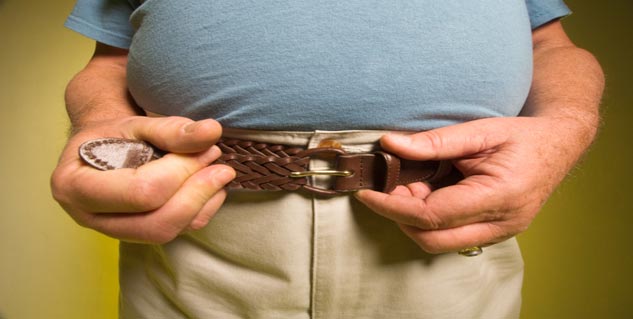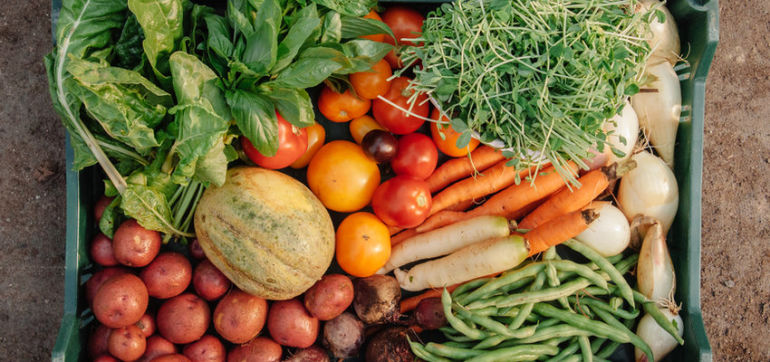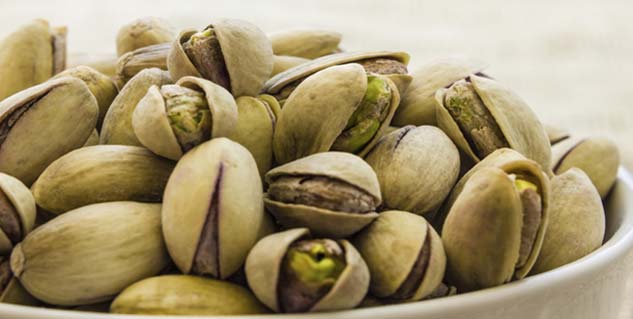Pulses - A Food Group Which Promotes Weight Loss
Pulses (beans, peas and lentils), now recognised as an important group of foods that promote weight loss, were a vitally important part of our early ancestors' diet. They appeared as early as 6,000 BC in Asia, the Americas and Europe, becoming a staple food, essential for providing protein where there was insufficient meat.
Once called "the poor man's meat", it is true they are readily available and inexpensive. However, far from being "poor" in any way, shape or form, these nutrient-rich seeds are quite miraculous. Studies have proved conclusively that these humble foods provide enough nutrients to give your body a healthy boost in both energy and immunity.
Protein Rich
Although they are rich in carbohydrate and fibre, and low in fat (most of which is of the unsaturated kind), pulses can be as much as 25% protein (in fact Soya is over 30%)! This super-rich source of vegetable protein, is far more easily digested than meat. Despite this advantage they contain relatively low quantities of the essentail amino acid methionine, and so on their own are not the ideal meat substitute. However, this shortage can be overcome by adding grains to your diet, as any Vegetarian will tell you. This a match made in heaven as grains contain low quantities of another essential amino acid lysine, which pulses do contain!
B Vitamins
Pulses are rich in B Vitamins essential to our health. Amongst the most prominent are:
Vitamin B3 (Niacin). Niacin is important to the correct functioning of your digestive system, nervous system, and skin. It's main role is in the process of converting the food you eat into raw energy.
Vitamin B1 (Thiamine). If your body lacks this essential vitamin, you will be left feeling fatigued and weak despite the meals you eat everyday. This vitamin plays an integral role in the production of energy in your body. It improves the overall function of the heart, muscles, and nervous system.
Vitamin B2 (Riboflavin). This vitamin is essential for growth development of your body. It is important in the production of red blood cells, which distribute oxygen all around your body. Vitamin B2 also helps in the release of energy from carbohydrates.
Vitamin B6 (Pryidoxine). This vitamin is significant in the creation of antibodies for your immune system, helps maintain normal nerve function, and assists the formation of red blood cells. B6 is also an important factor in the breakdown of proteins. Simply put, the more protein we take in, the more B6 is needed; lack of it causes nausea, dizziness, and mental and behavioral changes.
Aside from the vitamins listed above, pulses are a source of potassium (better than bananas), which aids in the normal functions of nerves and muscles. Recent research has also shown that the coating of pulses contains anti-oxidant and anti-aging properties. This helps to reduce the cholesterol in our bodies, improves digestion, and aids in cancer prevention.
Pulses come in a huge range of colours, flavours and textures. There are plenty of ways to eat them too! You can either eat them raw (red kidney beans and soya beans contain harmful toxins which are destroyed by cooking and should never be eaten raw or undercooked), sautéed with your favorite vegetables, boiled, or even ground to be used in soup. A cupful contains more iron and calcium than can be found in an ounce of cooked meat, with less calories and without the cholesterol.
They are a nutritious, healthy substitute for meat (balanced with Grains), and perfect for people who want to balance their diet with foods that promote weight loss.
-
Diabetic Exercise: Managing Your Blood Sugar
If you have diabetes, your doctor has probably told you to go on a
-
Weight Loss Supplements?
Flaxseed, called linseed in some countries, is a good source of di
-
The Secret Of Weight Loss Water
The question remains: what does the wate
-
Lose Weight Simply By Changing The Foods You Eat
Are you making an attempt to shed some excess weight? Study this artic
-
New weight loss trend focuses not on what you eat, but how
Do you believe in the saying: You are what you eat? The hottest weight
-
Losing Weight Fast
Looking fit is one of the most important aspects of looking good. Also
- DON'T MISS
- 5 Best Kinds of Summer Fruit for Weight Loss
- Using Vegetarian Weight Loss to Control your BMI
- The SouthBeach Diet Huh Why Not Relax Yourself Slimmer
- Easy Weight Loss 3 Practical Tips That Work
- Mediterranean diet high in vegetable fats benefits weight as much as low-fat diet
- The Real Scoop On Losing Stomach Fat
- Weight Loss Boot Camp
- The Shocking Truth Behind Sugar Substitutes
- Top 2 Exercises for Fast Weight Loss
- Weight loss: Unhook yourself from food




